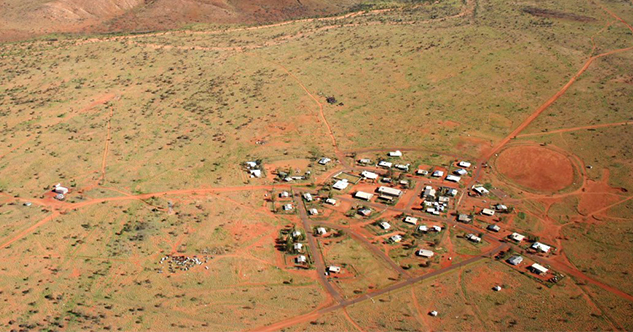"Confronting the past may be hard, painful, shameful but pathways open, and we can see a future that can hold all our stories. For these stories are our future."
Judy Atkinson, Thea Astley address, 2022.
The research team acknowledges the Wurundjeri people of the Kulin Nation, the Traditional Owners of the land where the website is hosted, and all Aboriginal and Torres Strait Islander nations and Peoples. We pay our respects to Elders past, present and emerging.
This website does not contain images or voices of deceased people. However, it does relate to violent past and current events that may be distressing to Aboriginal and Torres Strait Islander communities.
About the project
The aim of this project is to help build broader understanding among all Australians about the injustices that Aboriginal and Torres Strait Islander people have experienced in the past, their legacy today and the need for truth-telling as part of reconciliation. To achieve this, quantitative research will be undertaken using a new dataset, known as the Frontier Wars Dataset (FWD), which links historical events to contemporary community outcomes. Qualitative fieldwork will also be undertaken to better understand how the legacy of colonial violence is manifested in the lived experiences of communities today and the role of truth-telling in healing.
By linking the past to the present, the project will shed light on the origins of the gaps between Indigenous and non-Indigenous Australians and encourage all Australians to embrace truth-telling and the process of Makarrata as outlined in the Uluru Statement from the Heart. Makarrata is a complex Yolngu word meaning ‘coming together after a struggle’. This is a vital step towards better relations between Indigenous and non-Indigenous Australians as part of the healing process as a nation, and for country.
This project follows on from the Colonial Frontier Massacres project, led by Chief Investigator Professor Lyndall Ryan and funded via the ARC Discovery Project scheme (ARC DP140100399).
This project was funded by the Australian Government through the Australian Research Council Discovery Project scheme (ARC DP220101336).

Methods
This multi-disciplinary project brings together researchers from history, economics, geography, business leadership, psychology and digital humanities. The project involves the combination of quantitative analysis and qualitative field work with Aboriginal and Torres Strait Islander communities.


Project team
This research is guided by an Indigenous-led Steering Committee who advise on how best to ensure Indigenous data sovereignty, engage Indigenous communities in the research and communicate the research and its findings. The Steering Committee is comprised of members and representatives of Aboriginal and Torres Strait Islander communities and organisations from across Australia.
Findings
The research findings from the academic research are summarised and accompanied by data visualisations to tell the story behind the numbers.

Media and Engagement
Contact
If you have any feedback, questions or would like to raise any concerns, please reach out to the project team on hfv-project@unimelb.edu.au